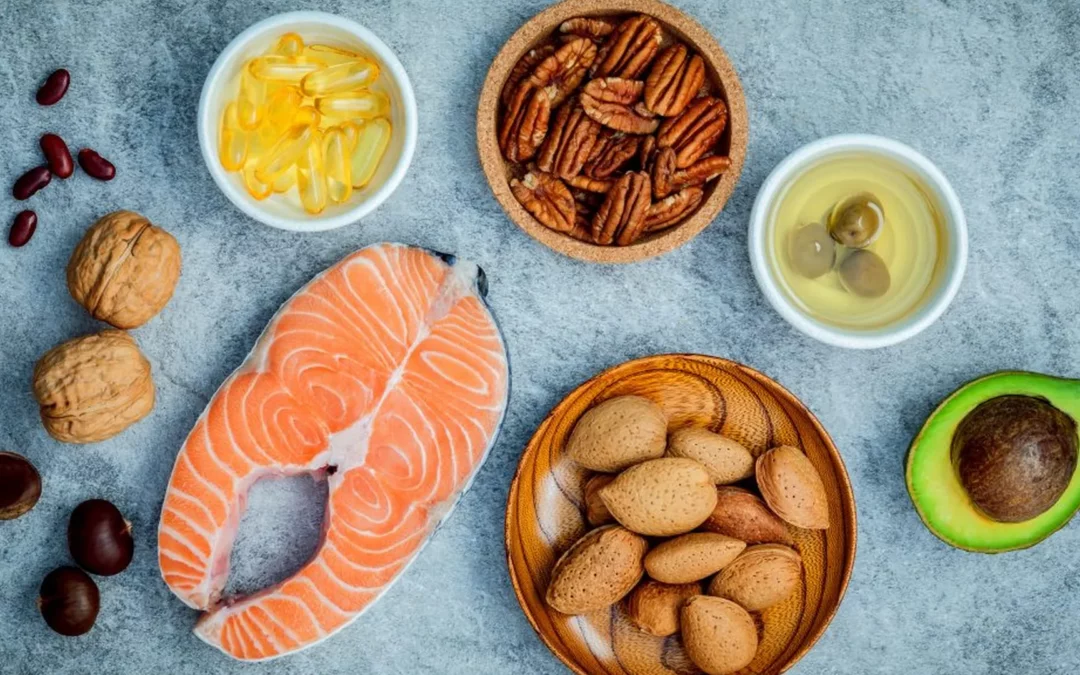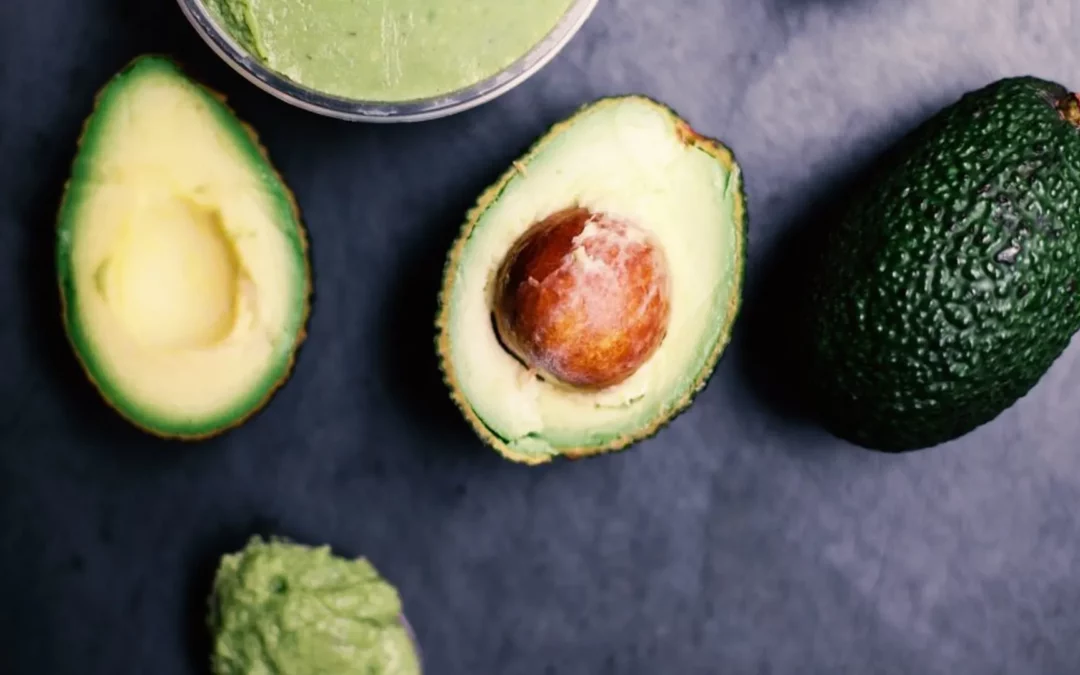
by Audra Starkey | Apr 11, 2022 | De-stress, HSW, Nutrition
We hear it time and time again. We need to keep our cholesterol levels down. But is low cholesterol a good thing? Despite the hype that it’s a bad thing, it’s actually needed for: -optimal brain function-the synthesis of vitamin D-the formation or...

by Audra Starkey | Mar 15, 2021 | Nutrition
If your answer is yes to this question it’s not surprising given, for many years, we were lead to believe that fat and cholesterol causes heart disease. However, this diet-heart hypothesis was later discredited as fraudulent science when the real culprit...

by Audra Starkey | Sep 15, 2019 | Immunity, Nutrition, Sleep
It’s pretty crazy to think that as recently as the 1970’s, 80’s and 90’s we were led to believe that fat was bad for us. But this whole fat-is-bad-for-us theory was actually based on very biased research by the now discredited-researcher, Ancel...

by Audra Starkey | Aug 24, 2015 | Nutrition
So I’ve been doing a bit of research on heart health this week thanks to a subject I’m studying at University at the moment called Clinical Examination. My poor hubby has had to be a bit of a guinea pig for me as I hone my blood pressure taking skills in...




